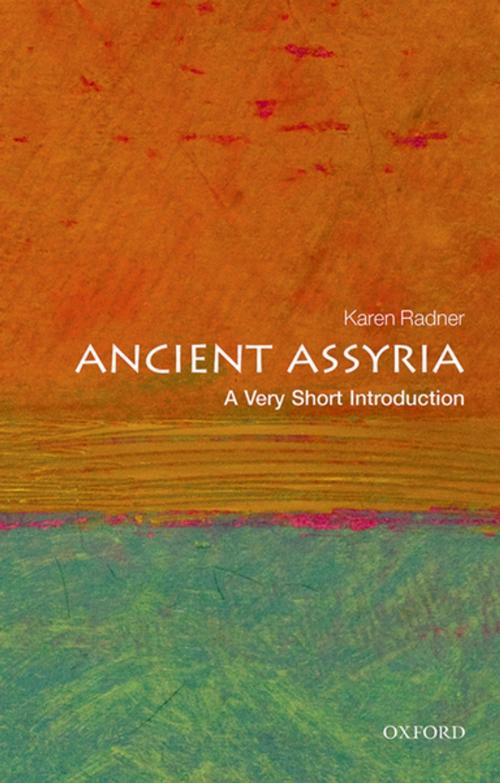Ancient Assyria: A Very Short Introduction
Nonfiction, Social & Cultural Studies, Social Science, Archaeology, History, Ancient History| Author: | Karen Radner | ISBN: | 9780191024948 |
| Publisher: | OUP Oxford | Publication: | March 26, 2015 |
| Imprint: | OUP Oxford | Language: | English |
| Author: | Karen Radner |
| ISBN: | 9780191024948 |
| Publisher: | OUP Oxford |
| Publication: | March 26, 2015 |
| Imprint: | OUP Oxford |
| Language: | English |
Assyria was one of the most influential kingdoms of the Ancient Near East. In this Very Short Introduction, Karen Radner sketches the history of Assyria from city state to empire, from the early 2nd millennium BC to the end of the 7th century BC. Since the archaeological rediscovery of Assyria in the mid-19th century, its cities have been excavated extensively in Iraq, Syria, Turkey and Israel, with further sites in Iran, Lebanon, and Jordan providing important information. The Assyrian Empire was one of the most geographically vast, socially diverse, multicultural, and multi-ethnic states of the early first millennium BC.Using archaeological records, Radner provides insights into the lives of the inhabitants of the kingdom, highlighting the diversity of human experiences in the Assyrian Empire. ABOUT THE SERIES: The Very Short Introductions series from Oxford University Press contains hundreds of titles in almost every subject area. These pocket-sized books are the perfect way to get ahead in a new subject quickly. Our expert authors combine facts, analysis, perspective, new ideas, and enthusiasm to make interesting and challenging topics highly readable.
Assyria was one of the most influential kingdoms of the Ancient Near East. In this Very Short Introduction, Karen Radner sketches the history of Assyria from city state to empire, from the early 2nd millennium BC to the end of the 7th century BC. Since the archaeological rediscovery of Assyria in the mid-19th century, its cities have been excavated extensively in Iraq, Syria, Turkey and Israel, with further sites in Iran, Lebanon, and Jordan providing important information. The Assyrian Empire was one of the most geographically vast, socially diverse, multicultural, and multi-ethnic states of the early first millennium BC.Using archaeological records, Radner provides insights into the lives of the inhabitants of the kingdom, highlighting the diversity of human experiences in the Assyrian Empire. ABOUT THE SERIES: The Very Short Introductions series from Oxford University Press contains hundreds of titles in almost every subject area. These pocket-sized books are the perfect way to get ahead in a new subject quickly. Our expert authors combine facts, analysis, perspective, new ideas, and enthusiasm to make interesting and challenging topics highly readable.















